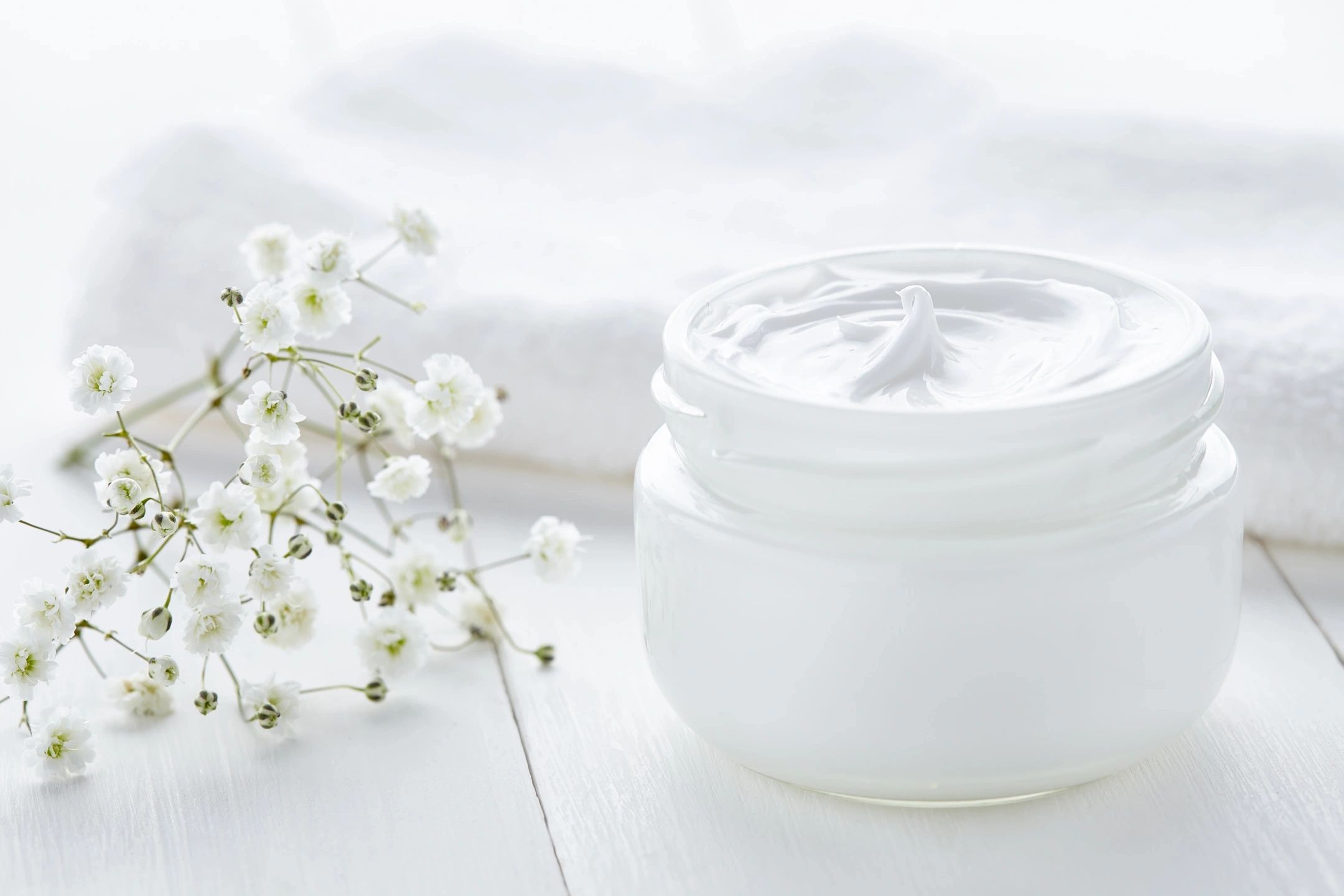In the ever-evolving world of beauty and skincare, the debate between natural and synthetic products is gaining significant traction. As consumers become increasingly aware of what goes into their beauty routines, understanding the nuances between these two categories of beauty products is crucial. This article delves into the distinctions between natural and synthetic beauty products, examining their ingredients, benefits, and drawbacks to help you make an informed choice for your skincare regimen.
Understanding Natural Beauty Products
Natural beauty products are formulated using ingredients derived from nature. These products often boast an array of plant-based extracts, essential oils, and botanical compounds. For instance, ingredients like aloe vera, shea butter, and green tea are commonly featured in natural skincare. The primary allure of natural products lies in their minimal processing and the absence of artificial chemicals. They are generally perceived as gentler on the skin and more aligned with holistic wellness. However, it’s essential to note that “natural” does not always guarantee safety or efficacy. Some natural ingredients can cause allergic reactions or may not be as effective as their synthetic counterparts.
Exploring Synthetic Beauty Products
Synthetic beauty products, on the other hand, are created using laboratory-engineered ingredients. These products often include compounds such as silicones, synthetic fragrances, and preservatives designed to enhance texture and longevity. Ingredients like hyaluronic acid and retinoids are commonly used in synthetic formulations for their proven efficacy in treating various skin concerns. Synthetic products are often praised for their stability and consistency, offering reliable performance. Nevertheless, they can sometimes contain allergens or irritants that may not be present in natural products. The use of synthetic ingredients is also subject to rigorous testing to ensure safety and effectiveness.
Comparing Efficacy and Safety
When it comes to efficacy, synthetic beauty products often have the upper hand due to their targeted formulations. Ingredients like retinoids and peptides, synthesized in laboratories, have demonstrated significant results in anti-aging and skin rejuvenation. Conversely, natural products may offer gentler benefits but can sometimes lack the potency of synthetic ingredients. Safety is another crucial factor; while synthetic products undergo extensive testing to identify potential allergens, natural products can also trigger reactions, especially if they include highly potent botanical extracts.
Environmental and Ethical Considerations
Environmental impact is a vital aspect of the natural vs. synthetic debate. Natural beauty products are often touted as more eco-friendly due to their biodegradable ingredients and sustainable sourcing practices. However, the agricultural practices required to produce natural ingredients can sometimes lead to deforestation or habitat destruction. Synthetic products, while potentially less harmful to ecosystems during their production, can contribute to environmental pollution through non-biodegradable packaging and waste. Ethical considerations also come into play; natural beauty products often emphasize cruelty-free testing and fair trade practices, aligning with a growing demand for ethical consumerism.
Making an Informed Choice
Choosing between natural and synthetic beauty products involves considering various factors. Assess your skin type, personal preferences, and any sensitivities you may have. Evaluate the ingredients and their sourcing, and consider the environmental and ethical implications of your choices. For those seeking potent results with a focus on efficacy, synthetic products might be more suitable. Conversely, if you prioritize sustainability and minimal chemical exposure, natural products could be the better option. Always opt for products that align with your values and needs.
Summary
In the debate between natural and synthetic beauty products, each has its unique set of advantages and challenges. By understanding the differences in ingredients, efficacy, safety, and environmental impact, you can make a more informed decision about which products best suit your beauty routine. Ultimately, the choice between natural and synthetic should reflect your values, skincare goals, and commitment to ethical consumption.
Please like, comment, and share this article if you found it helpful and
informative.
Visit https://bigtownbulletin.com if you would like to see more of this content.
Please like, comment, and share this article if you found it helpful and
informative.
For more news check out Big Town Bulletin News
For more from Big Town Bulletin check out Big Town Bulletin


